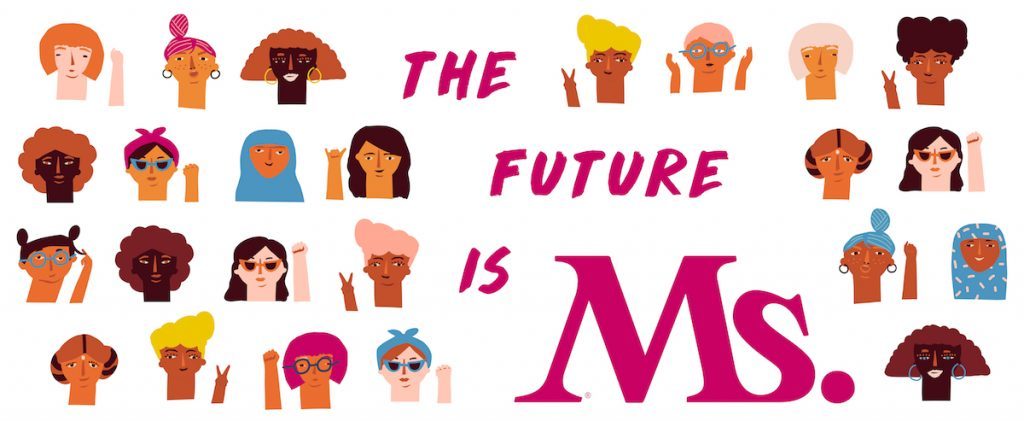
The Future is Ms. is an ongoing collection of stories reviews by younger feminists. This collection is made doable by a grant from SayItForward.org in assist of stripling journalists and the collection editor, Katina Paron.
Final spring, each time Kimberly Vasquez and her two youthful sisters logged into their respective Zoom lessons, the web of their Baltimore townhouse would crash. Their lecturers’ faces pixelated and screens froze.

The Vasquez’s expertise wasn’t remoted to their residence. Many neighborhood households with the Comcast Necessities bundle who relied on their web for college and work through the pandemic, rapidly realized their web couldn’t maintain the elevated workload. Throughout the nation, the rise in distant college and studying uncovered a digital divide as a result of rising revenue hole, in accordance with the Federal Communications Fee.
Vasquez’s unreliable WiFi began to hinder her schoolwork. Her grade level common dropped however her household might solely afford the low-cost plan that wasn’t appropriate for distant studying.

Properly-off college students usually tend to have the gear wanted to attend on-line college, in accordance with a examine printed by the Financial Coverage Institute. Seven % of poor eighth-graders in america don’t have web entry, in comparison with just one.6 % of non-poor college students.
When Vasquez discovered 40 % of households in Baltimore skilled related points, particularly within the “Black Butterfly” or primarily Black neighborhoods, she felt compelled to behave on it.

Vasquez was joined by Yashira Valenzuela and Aliyah Abid, two buddies from College students Organizing a Multicultural and Open Society (SOMOS), a grassroots group tackling systemic problems with injustice in Baltimore faculties. They quickly organized to petition Comcast to make their plans quicker and extra economical for low-income households.
“We simply acquired form of riled up and we wrote a proposal, did interviews and press conferences,” Valenzuela, 19, mentioned. “In any case our analysis, we simply felt joyful to assist and that fueled our advocacy.”
After rallying at Comcast headquarters, the metropolis’s largest supplier made probably the most reasonably priced possibility for web run at twice the velocity.
All through the journey, Vasquez and her staff have amassed a excessive profile following; together with the Baltimore Metropolis Council, Baltimore Academics Union and Metropolis Councilman Zeke Cohen.
On Twitter, Cohen wrote about Vasquez’s efforts. “The voices of scholars and fogeys have to be included within the reopening plan. How totally different would Baltimore look if we listened to our youngsters?”
Kimberly Vasquez, from @SOMOSCityKnight is main the nationwide marketing campaign to shut the Digital Divide.
Her testimony was so highly effective: The voices of scholars, and fogeys have to be included within the reopening plan.
How totally different would Baltimore look if we listened to our youngsters?
— Zeke Cohen (@Zeke_Cohen) February 4, 2021
The difficulty speaks to the digital gender hole within the nation, says Jessica Posner Odede of Lady Impact. “Girls are 26 % possible to make use of the web than males and boys are 1.5 instances extra prone to personal a telephone than women.” She mentioned women could possibly be lacking out on alternatives and schooling with out entry to expertise.
Vasquez introduced her activism to the White Home in Might 2021 when she spoke with Vice President Kamala Harris.

“We had no thought what we had been doing, however seeing all of these organizations assist us made me really feel form of particular,” Valenzuela mentioned. “It positively modified my view on the ability of a youngster.”
The Future is Ms. is dedicated to amplifying the voices of younger ladies in every single place. Share one among your individual tales about your path to empowerment at SayItForward.org.
